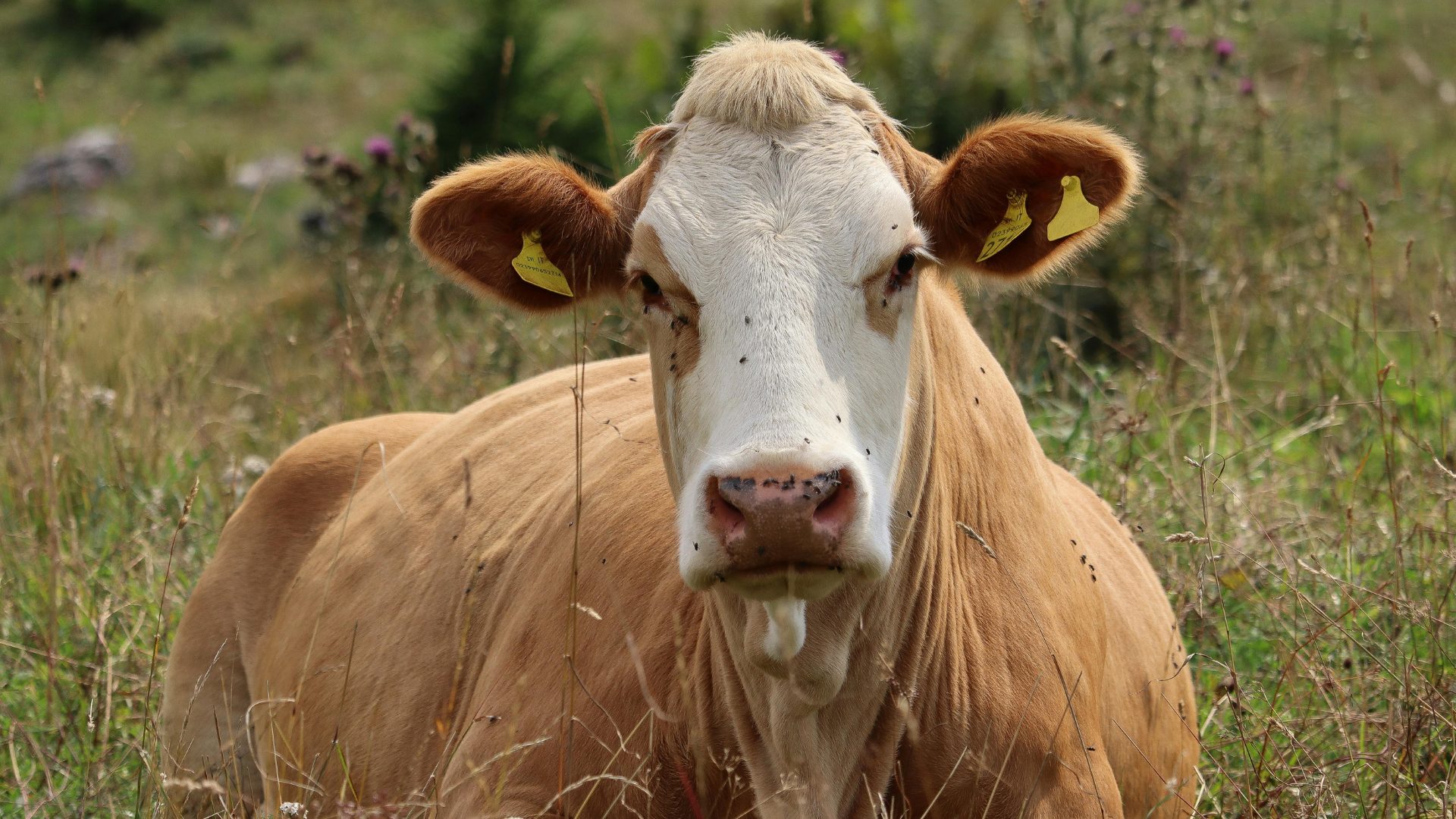U.S. farmers are pessimistic about the current agriculture economy and the future, according to the latest Purdue University/CME Group Ag Economy Barometer.
The barometer lost five points in November, falling to 116, a 30% decline from November 2020 and marking the lowest reading of the year.
“Farmers are facing sharp rises in production costs coinciding with fluctuating crop and livestock prices, the prospect of changing environmental and tax policy, uncertainty over COVID-19, as well as a host of other issues, all of which are negatively impacting farmer sentiment” James Mintert, the barometer’s principal investigator and director of Purdue University’s Center for Commercial Agriculture, said in a press release.
Farmers blamed rising production costs — everything from fertilizer and seed to farm machinery and fuel– for their concerns.
The one bright spot was farmland values, with farmers optimistic they would remain strong.
In other news:
Bird flu: The U.K.’s chief veterinary officer warned bird flu levels are at “phenomenal” levels, affecting 38 poultry operations throughout the country, the BBC reported (Dec. 9). Chief vet Christine Middlemiss said heightened levels of biosecurity will be needed to contain the spread of the disease, which has been detected not only in England, but in Wales, Scotland and Northern Ireland as well, forcing the cull of more than one million birds since last month.
More than 40 countries across Europe, Asia and Africa have seen outbreaks since May, according to World Organisation for Animal Health data.
Beef, pork exports: U.S. beef exports soared to 115,709 metric tons in October, up 7.5% from the year-ago figure, while pork exports fell to 226,206 metric tons, a drop of 7% from October 2020, USDA figures show. The U.S. Meat Export Federation said the figures signal how important it is for growers to diversify, especially in light of transportation challenges and higher production costs. Federation President and CEO Dan Halstrom predicted total exports for the year will reach $18 billion, and projected further growth next year.
Trade agenda: The Corn Refiners Association said that Congress and the Biden administration are hurting U.S. agricultural exporters by failing to pursue a proactive trade agenda. In a report released Tuesday, the association said China, Japan, the European Union and Canada are outpacing the U.S. when it comes to new bilateral and multilateral trade agreements. “This report validates what the Corn Refiners Association has been calling attention to for some time now – the U.S. position on international trade has increasingly taken an observer status as our global partners move forward without us on economically sound, advantageous agreements,” CRA President and CEO John Bode said.
Biostimulants: Biologicals, microbials and microbiome activators have grown into a $1.5 billion market that is increasing 15% annually, Marcus Meadows-Smith, CEO of BioConsortia, told Successful Farming (Dec. 3).
USDA: The U.S. Agriculture Department recently announced a loan guarantee program to create more market opportunities and promote competition to strengthen the nation’s food supply chain. Agriculture Secretary Tom Vilsack said $1 billion in loan guarantees will back private investment in processing and food supply infrastructure. USDA also is making as much as $800 million available to biofuel producers to restore renewable fuel markets battered by the pandemic.












